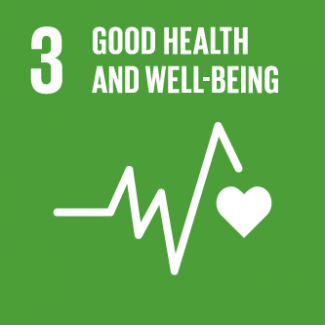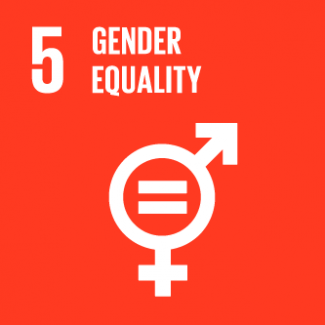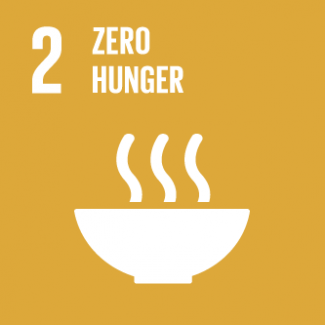Uganda’s real gross domestic product (GDP) grew at 2.9% in FY20, less than half the 6.8% recorded in FY19, due to the effects of the COVID-19 (coronavirus) pandemic. GDP is expected to grow at a similar level in FY21. Economic activity stalled during the latter part of FY20 due to a domestic lockdown that lasted more than four months, border closures for all but essential cargo, and the spillover effects of disruptions to global demand and supply chains. This resulted in a sharp contraction in public investment and deceleration in private consumption, which hit the industrial and service sectors hard, particularly the informal service sector.
The medium-term outlook for Uganda has worsened considerably due to the impact of COVID-19, and risks are tilted heavily to the downside. If the impact of COVID-19 lasts longer globally, or the virus spreads more widely in Uganda, this could deter the recovery in Uganda’s exports, adversely impact a rebound in foreign direct investment (FDI), tourism and remittances, and further depress productivity and hence the domestic economic recovery. Such developments could lead to more severe social and economic impacts and amplify external and fiscal imbalances. Following the shock of COVID-19, there have been widespread firm closures, permanent layoffs in industry and services, a rapid slowdown of activity particularly in the urban informal sector, and a movement of labor back to farming. Household incomes have also fallen, which is concerning given the high levels of vulnerability to poverty, limited social safety nets, and impact this might have on human capital development and Uganda’s capacity to benefit from its demographic transition.
Heavy reliance on low productivity agriculture (about 25% of the economy, 50% of exports and 70% of employment) also contributes to income volatility and stagnation. To keep up with growth in the labor force, the economy needs to create at least 700,000 jobs per year, which far exceeds the 75,000 jobs that are currently created each year. Raising incomes further will also require improving productivity in agriculture and opportunities for absorbing excess labor into more productive employment in industry and services.
16



Food and Beverage, Infrastructure, Health Care
0.544
How is this information gathered?
SDG Investor Maps employ an 8-step methodology, combining data research and stakeholder consultations to identify Investment Opportunity Areas (IOAs) and potential business models with significant financial and impact potential.
Disclaimer
UNDP, the Private Finance for the SDGs, and their affiliates (collectively “UNDP”) do not seek or solicit investment for programmes, projects, or opportunities described on this site (collectively “Programmes”) or any other Programmes, and nothing on this page should constitute a solicitation for investment. The actors listed on this site are not partners of UNDP, and their inclusion should not be construed as an endorsement or recommendation by UNDP for any relationship or investment.
The descriptions on this page are provided for informational purposes only. Only companies and enterprises that appear under the case study tab have been validated and vetted through UNDP programmes such as the Growth Stage Impact Ventures (GSIV), Business Call to Action (BCtA), or through other UN agencies. Even then, under no circumstances should their appearance on this website be construed as an endorsement for any relationship or investment. UNDP assumes no liability for investment losses directly or indirectly resulting from recommendations made, implied, or inferred by its research. Likewise, UNDP assumes no claim to investment gains directly or indirectly resulting from trading profits, investment management, or advisory fees obtained by following investment recommendations made, implied, or inferred by its research.
Investment involves risk, and all investments should be made with the supervision of a professional investment manager or advisor. The materials on the website are not an offer to sell or a solicitation of an offer to buy any investment, security, or commodity, nor shall any security be offered or sold to any person, in any jurisdiction in which such offer would be unlawful under the securities laws of such jurisdiction.



















